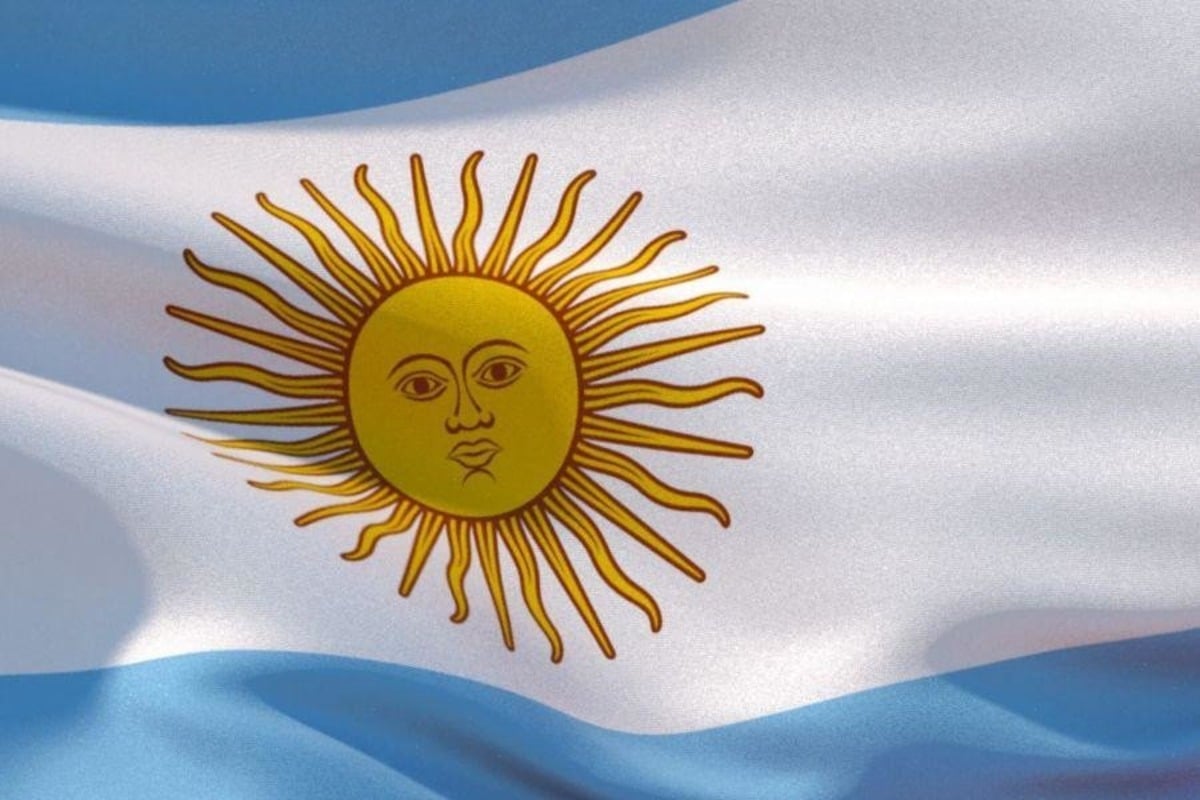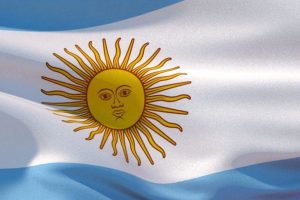Argentine President Javier Milei Signals Support for Provinces Launching Their Currencies

Upon assuming office as the president of Argentina in December 2023, libertarian Javier Milei pledged not to oppose the implementation of national currencies by individual provinces. This statement follows a public exchange between Milei and Ricardo Quintela, the governor of La Rioja province.
In an interview with Radio Mitre on January 14, President Milei expressed that he would not legally challenge the creation of local currencies by provincial authorities. He believes that the market will determine the value of these projects but cautions that such “quasi-currencies” could lead to inflation, and those accepting them might fall victim to scams.
He warned that individuals receiving payments in “quasi-currencies” from what he termed “irresponsible governors” might experience a loss of income. Milei suggested that what is not taken from them through budgetary adjustments could be lost through inflation in these quasi-currencies.
President Milei’s statement comes in response to Governor Quintela’s intention to create a separate currency for La Rioja. This move comes in the context of his implementation of a 50% national currency devaluation to address the country’s significant inflation, which is currently at its highest level in 32 years. Additionally, provincial governments have received reduced funds from the federal budget under the new president’s administration.
Governor Quintela framed these measures as “abandonment by the nation” and emphasized the need to pay salaries to essential workers like policemen. He has requested that La Rioja’s legislature establish the legal framework for minting the local currency. This development follows a similar contemplation by the governor of Buenos Aires province, Axel Kicillof, in December 2023.
Argentina’s President Milei Implements Economic Reforms and Crypto-Friendly Legislation
Argentina welcomed its new president, Javier Milei, on December 10, promising significant economic reforms in the country. Milei’s proposed measures include the dissolution of the central bank and other initiatives aimed at reducing government size and spending.
The country has been grappling with a prolonged inflation crisis, with the Argentine peso experiencing a 140% increase in annual inflation over the last 12 months. Milei has been outspoken in his criticism of the central bank, describing it as a scam and a “mechanism by which politicians cheat the good people with inflationary tax.”
To address the rising inflation, President Milei introduced the Law of Bases and Starting Points for the Freedom of Argentines to the Argentine Congress in December 2023. This comprehensive bill encompasses reforms in various areas, including tax, labor, criminal, energy, and electoral matters. Notably, it also addresses the regularization of cryptocurrency holdings.
The bill introduces an “asset regularization scheme,” allowing taxpayers to legalize certain assets, including cryptocurrencies, without additional documentation on their origin. The regularization process involves a flat tax on assets, with rates set at 5% if declared by the end of March 2024, 10% from April to June 2024, and 15% from July to September 2024.
In a separate development reflecting evolving payment methods, a local landlord and tenant in Rosario, Argentina’s third-most-populated city, have reached an agreement for rent payments in Bitcoin. This contract stood out as the first of its kind in Argentina and was made possible by recent legal amendments enacted by the new presidential administration.
The use of cryptocurrencies in daily transactions is gaining attention in Argentina, signaling changes in regulatory approaches and evolving financial practices in the country.




